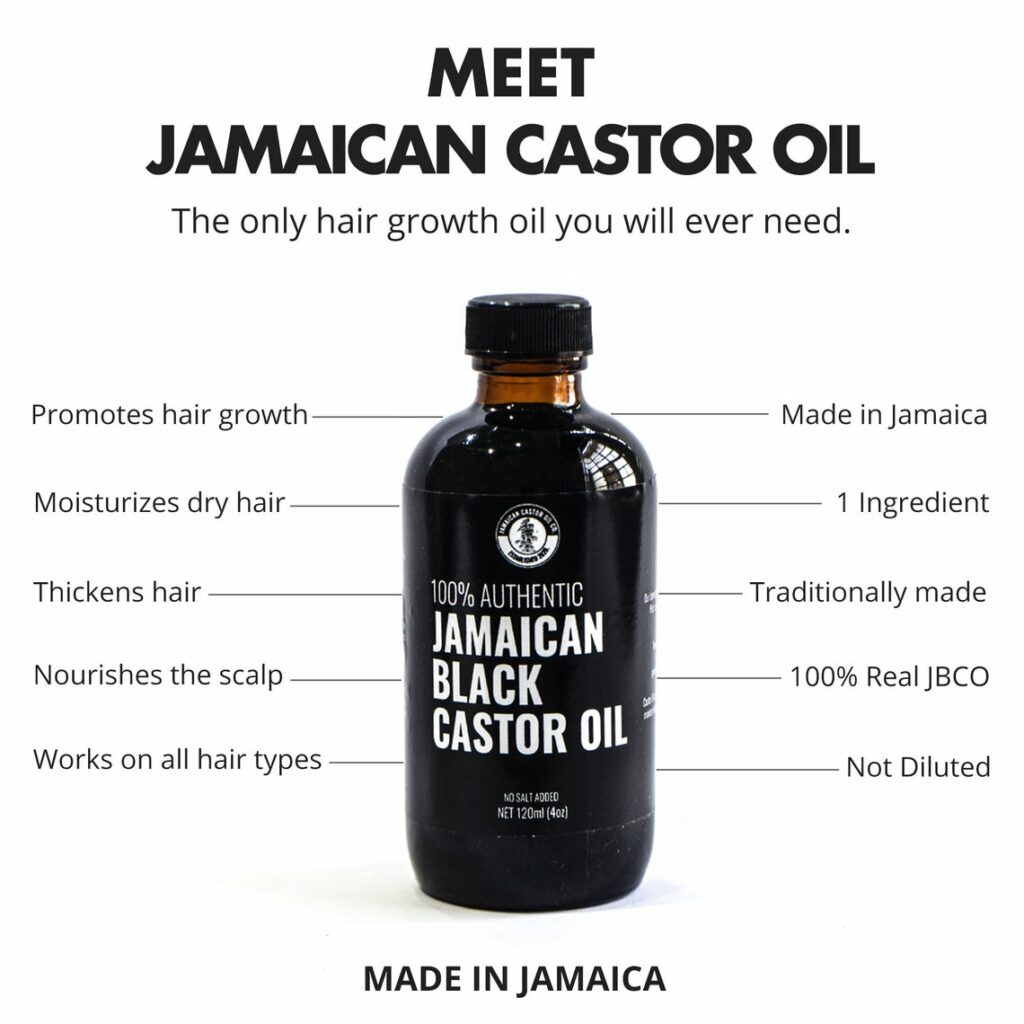Navigating the world of natural oils can be tricky, especially with so many options available. Two popular choices, black castor oil and regular castor oil, often leave beauty enthusiasts wondering about their differences and which one is best suited for their needs. This guide will delve into the origins, properties, and potential benefits of both oils, helping you determine the ideal choice for your hair and skin.
Decoding the Differences: Black vs. Regular Castor Oil
So, what sets these two oils apart? While both are derived from the castor bean (Ricinus communis), their distinct processing methods result in key variations in color, texture, scent, and potentially even their therapeutic effects.
Regular Castor Oil: The Gentle Moisturizer
Regular castor oil, often referred to as yellow castor oil, is extracted through cold-pressing. This process involves mechanically pressing the castor beans without the application of heat, resulting in a pale yellow, almost transparent oil with a thin consistency and a mild scent. This gentle extraction method preserves the oil’s natural properties, making it a suitable option for sensitive skin and finer hair.
Black Castor Oil: The Intensive Treatment
Black castor oil, on the other hand, undergoes a more involved process. The castor beans are roasted before pressing, a process that imparts its characteristic dark brown or black color, thicker viscosity, and a distinctive smoky, nutty aroma, often likened to roasted coffee. This roasting also increases the oil’s pH level, making it more alkaline. This difference in pH, along with the ash content from the roasting process, is believed to contribute to some of the unique properties often attributed to black castor oil.
Here’s a quick comparison:
| Feature | Regular Castor Oil | Black Castor Oil |
|---|---|---|
| Color | Pale yellow to clear | Dark brown to black |
| Consistency | Thinner | Thicker, more viscous |
| Scent | Mild | Smoky, earthy |
| Processing | Cold-pressed from raw beans | Roasted and then pressed |
| pH Level | Lower | Higher (due to ash content) |
Unveiling the Benefits: Hair, Skin, and Beyond
Both regular and black castor oil boast a rich concentration of ricinoleic acid, an omega-9 fatty acid believed to possess anti-inflammatory, antimicrobial, and analgesic properties. This unique fatty acid is thought to contribute significantly to the potential benefits of both oils.
Regular Castor Oil: Versatile Applications
Regular castor oil, due to its milder nature, makes an excellent all-around moisturizer for both skin and hair. It’s often used as a carrier oil in aromatherapy, helping to dilute and distribute essential oils. Indulge in the creamy delight of our bobaholic, a rich and flavorful treat, perhaps enhanced with a touch of castor oil for an extra moisturizing boost. It’s also known for its potential laxative properties, although it’s crucial to consult a healthcare professional before using it for this purpose.
Black Castor Oil: Targeted Hair and Scalp Care
Black castor oil has gained popularity for its potential benefits for thicker hair, promoting hair growth, and improving scalp health. Some experts suggest that its higher alkalinity might help to open up the hair cuticles, allowing for better absorption of nutrients. Its thicker consistency also makes it ideal for hot oil treatments or leave-in conditioners. However, it’s important to note that more scientific research is needed to fully understand and confirm these effects.
Choosing the Right Castor Oil: A Personalized Approach
So, which castor oil reigns supreme? The answer depends on your individual needs and preferences.
-
For gentle moisturizing and all-around skincare and haircare: Regular castor oil might be a good starting point. Its milder nature and thinner consistency make it versatile and less likely to cause irritation.
-
For targeted hair and scalp treatments, particularly for thicker, coarser hair: Black castor oil, with its thicker texture and purportedly enhanced properties, may be a better fit.
-
For those seeking an age-defying skincare solution: While both oils have moisturizing benefits, consider exploring our black snail repair cream, formulated to restore your skin’s youthful glow. It might complement the use of castor oil in your routine.
Remember, individual reactions to these oils can vary. Always perform a patch test before applying liberally to ensure you don’t experience any adverse reactions. If you’re dealing with specific skin or hair concerns, consulting a dermatologist or trichologist is always recommended. They can offer personalized advice and guidance based on your unique needs.
Ongoing Research and Future Directions
While traditional uses and anecdotal evidence suggest a wide range of benefits for both regular and black castor oil, scientific research in this area is ongoing. More studies are needed to fully understand the mechanisms by which these oils exert their purported effects and to confirm their efficacy for various applications. As research continues, our understanding of these natural oils is likely to evolve, potentially unveiling even more exciting possibilities for their use in hair and skincare.
- Glass Lid Storage Containers Keep Food Fresh and Safe - January 19, 2026
- Borosilicate Glass Storage Delivers Durability and Safety for Meals - January 18, 2026
- Best Meal Prep Containers for Fresh and Organized Meals - January 18, 2026










